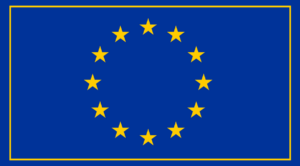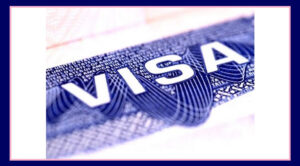Saudi Arabia has always been one of the top choices for Indians looking to work abroad.
More than 2.6 million Indians live and work there, contributing to industries like technology, healthcare, and services.
The country is especially popular among blue-collar workers — such as drivers, electricians, plumbers, and waiters — who often find good job opportunities and better pay compared to India.
But now, there’s an important update for anyone planning to work in Saudi Arabia.
The government has changed the rule for temporary work visas — and health insurance is now at the center of it.
Health Insurance Made Mandatory Before Visa Approval
Under the new policy, foreign workers must have valid health insurance before their work visa can be issued.
Earlier, workers could get insurance only after their visa was approved, but that’s no longer the case.
If you’re applying for a Saudi work visa now, you’ll need to get health insurance in advance.
Without it, your visa application will not move forward.
What the New Visa Rules Say
According to a report by Fromomen, all foreign workers must obtain health insurance through a registered provider approved by the Council of Cooperative Health Insurance (CCHI) — the official body that regulates health coverage in Saudi Arabia.
Insurance companies must now submit a copy of the applicant’s passport and temporary job contract to the CCHI.
This ensures that every worker’s insurance is directly linked to their passport record — something that wasn’t required earlier.
Previously, applicants could choose any insurer listed on the Enjaz platform, but that system has now been replaced with tighter regulations and approved providers only.
Part of Broader Labor Reforms in Saudi Arabia
This move is part of major reforms in Saudi Arabia’s labor system.
Just days before this rule, the country also abolished the Kafala system, which previously tied workers to their employers and limited job mobility.
With these changes, Saudi Arabia aims to make the work environment more transparent, worker-friendly, and well-regulated — ensuring that foreign employees have access to proper healthcare and legal protections from day one.

























